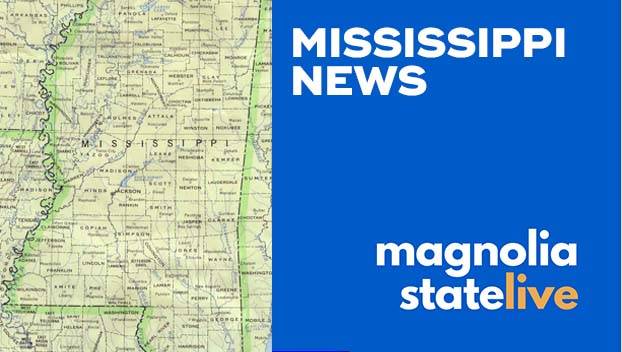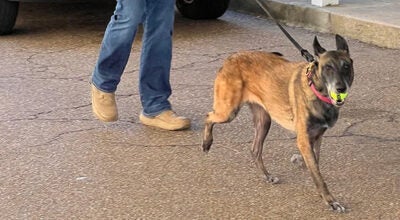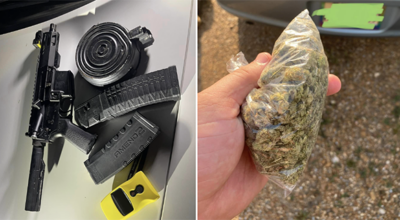New grave marker honors former Mississippi slave, Utah settler
Published 1:00 pm Saturday, June 1, 2019
The story of Mormon pioneers who travelled West to settle the territory that is now Utah is enshrined in monuments, museums and history books.
But far fewer people know the stories of the African American slaves and pioneers who also helped settle the region.
Some Utah residents are working to publicly honor their work.
A slave who travelled to Utah in the 1800s to settle the territory on behalf of the Mississippi couple who owned him was honored in a recent ceremony that unveiled a headstone at his burial site, which was an unmarked grave for 130 years.
KUER-FM reported residents dedicated a new grave to Hark Lay Wales Monday in the Cottonwood Heights cemetery where he is buried.
“Here’s somebody that came in the valley with Brigham Young that didn’t have a headstone,” said Sheri Orton, a St. George resident who has researched Wales’ life and death for 10 years. “It was just not right. It wasn’t acceptable.”
Orton, who also works as a professional genealogist, discovered Wales’ story after learning her husband is a descendant of the family who owned Wales.
Orton said she was inspired to rectify his grave after reading a book detailing the family’s history, including Wales.
“Hark jumped off the pages at me,” Orton said. “He’s been with me ever since.”
About 100 people attended Monday’s ceremony, including Democratic Rep. Sandra Hollins of Salt Lake City.
She told the crowd that she wondered what Hark would think if he knew that Utah’s first African American female lawmaker would one day honor him. Hollins recently passed a law that repealed slavery in Utah’s constitution.
“He represents the number of slaves who stories have gone untold, whose families don’t remember that they are a part of their history,” Hollins said.
Dozens of African American slaves like Lay are estimated to have travelled to Utah to settle the territory on behalf of their owners. Organizers said they hope the ceremony sparks a movement to recognize the burial places of former slaves in Utah.





